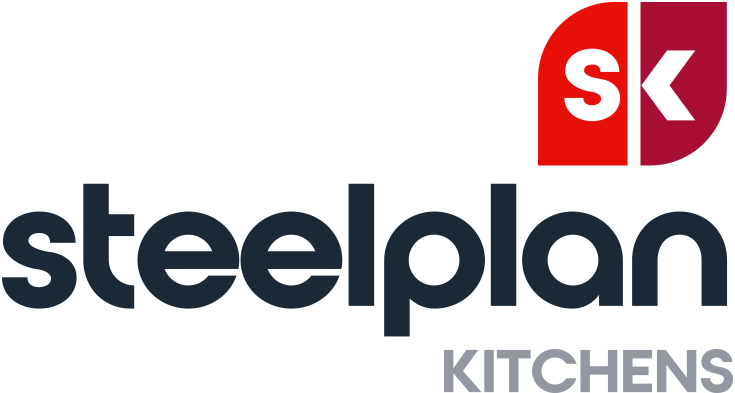Rules and regulations may be one of the least exciting aspects of your community kitchen, but they can give you the peace of mind you need to enjoy it fully and use it to its full potential. Here are some of the laws/ regulations, and obligations that you need to be aware of.
The Equality Act 2010 (EA)
The EA replaced the Disability Discrimination Act and other laws, and contains the same accessibility provisions, plus more.
The most relevant obligations to your kitchen will be ‘reasonable adjustments’ for those with disabilities. ECHR guidance states: ‘you cannot wait until a disabled person wants to use your services, but must think in advance (and on an ongoing basis) about what disabled people with a range of impairments might reasonably need, such as people who have a visual impairment, a hearing impairment, a mobility impairment or a learning disability.’
Such adjustments might include choosing lowered work surfaces, colourful and/or contrasting cupboard doors for visibility, or access routes.
Of course you will need to ensure that your accessibility measures do not make the space difficult for general users, since that would make the space unappealing, and amount to discriminating against those without disabilities.
Health & Safety
One of the most pressing health and safety concerns in a food preparation area is of course hygiene. Certain kitchen materials make it very difficult to maintain adequate levels of cleanliness — domestic style kitchens, for example, use materials like MDF, which are absorbent, and use sealant in joinery which can deteriorate and harbour germs.
In order to maintain adequate hygiene, choose a semi-commercial kitchen. A mild steel powder-coated carcass and door system and stainless steel worktop eliminate the above risks, providing wipe-clean surfaces and removing the need for sealant around areas like sinks, which are recessed and seamless-welded in, grained and polished out into the worktop.
Otherwise, old appliances may need a PAT test to ensure they are still safe to use. Better yet, consider replacing them. A kitchen renovation is the perfect time to look at an equipment upgrade.
Food business registration
If you plan to sell or distribute food, you will need to register as a food business. It is simply a matter of registering with your local authority, but if you don’t do it, you may encounter legal trouble.
If you already sell or distribute food, you have probably already completed the registration, but if you are planning to for the first time, then don’t forget to register 28 days before you start ‘operating’.
Steelplan’s semi-commercial kitchen experts can advise further if you have any questions on community or church kitchen obligations and best practice. To speak to a member of the team, call 0844 809 9186 or email [email protected].





